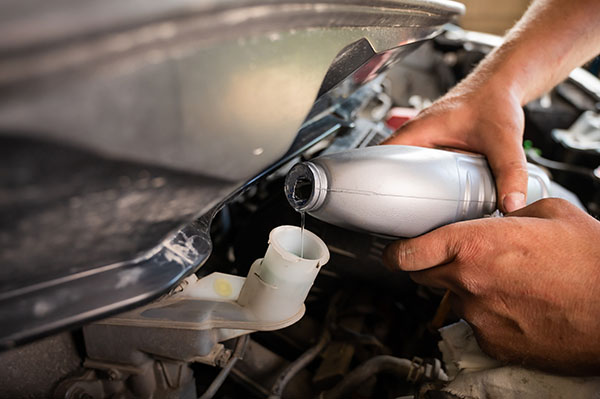
Brake fluid is a hydraulic fluid that transmits the force from your foot on the brake pedal to the brake components, enabling your car to stop when needed. Without adequate brake fluid, your brakes wouldn't function correctly, putting you and your passengers at risk.
What is a Brake Flush?
A brake flush involves removing the old, contaminated brake fluid from the braking system by flushing it out with fresh fluid. Over time, brake fluid can accumulate moisture, dirt, and debris, compromising its effectiveness. A brake flush helps maintain the integrity of the braking system by ensuring that the fluid remains clean and free of contaminants.
Importance of Regular Brake Flushes
Regular brake flushes are essential for several reasons:
- They help prevent brake fluid contamination, which can lead to brake fade or even brake failure.
- Flushing the brake system removes any air bubbles that may have formed, ensuring that the brakes feel firm and responsive.
- Regular brake flushes can help extend the lifespan of your brake components, saving you money on costly repairs in the long run.
Enhancing Safety and Performance
Investing in regular brake flushes is not just about maintaining your vehicle; it's also about ensuring your safety on the road. A properly functioning braking system is critical for safe driving, allowing you to stop quickly and effectively in emergency situations. By prioritizing brake flushes as part of your regular maintenance routine, you can enjoy peace of mind knowing that your brakes are in top condition.
5 Signs Your Brake Fluid Should Be Change
Visible Contamination
Check the color of your brake fluid. Fresh brake fluid is typically clear or slightly yellowish. If you notice that your brake fluid has become dark or murky, it's a clear sign that it's contaminated and needs to be changed.
Soft or Spongy Brake Pedal
If you find that your brake pedal feels soft or spongy when you apply pressure, it could be due to air or moisture in the brake lines. Brake fluid is hygroscopic, meaning it absorbs moisture from the air. Water decreases the boiling point of brake fluid, leading to brake fade when the fluid gets hot.
Brake Fluid Leaks
Inspect your vehicle for any signs of brake fluid leaks, such as puddles or dampness around the wheels or under the car. Brake fluid leaks can occur due to deteriorated brake lines or seals, leading to a loss of brake fluid and potential brake failure.
Brake Warning Light
Most modern vehicles have a dashboard warning light that indicates issues with the braking system, including low brake fluid levels. If your brake warning light illuminates on the dashboard, it clearly indicates that you need to check your brake fluid levels and possibly replace the fluid.
Regular Maintenance Intervals
It is recommended to change brake fluid every 30,000 miles or 2 years, whichever comes first. Some vehicles will also have a built in service counter for this interval.
Airpark Auto Pros offers some of the best brake services and maintenance! Just give us a call, schedule an appointment, and we will take care of the rest.